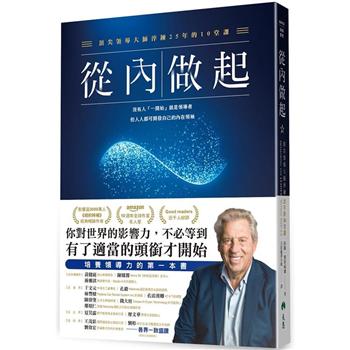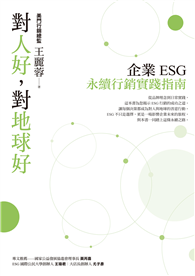Human society is full of would-be ’change agents’, a restless mix of campaigners, lobbyists and officials, both individuals and organizations, set on transforming the world. They want to improve public services, reform laws and regulations, guarantee human rights, get a fairer deal for those on the sharp end, and achieve greater recognition for any number of issues or simply be treated with respect.
It is striking then, that universities have no Department of Change Studies, to which social activists can turn for advice and inspiration. Instead, scholarly discussions of change are fragmented with few conversations crossing disciplinary boundaries, or making it onto the radars of those actively seeking change. How Change Happens bridges the gap between academia and practice, bringing together the best research from a range of academic disciplines and the evolving practical understanding of activists to explore the topic of social and political change. Drawing on many first-hand examples from the global experience of Oxfam, one of the world’s largest social justice NGOs, as well as the author’s 40 years of studying and working on international development, it tests ideas and sets out the latest thinking on what works to achieve progressive change. This second edition adds a chapter by the LSE’s Dr Tom Kirk on the rising importance of digital technology in activism, and analyses the implications of some of the darker currents of populism and shrinking civic space for those trying to bring about positive change. This is an open access title available under the terms of a [CC BY-NC-ND 4.0 International] licence. It is free to read at Oxford Scholarship Online and offered as a free PDF download from OUP and selected open access locations.| FindBook |
有 1 項符合
How Change Happens (2nd Edition)的圖書 |
 |
How Change Happens (2nd Edition) 作者:Green 出版社:Oxford University Press, USA 出版日期:2024-09-24 語言:英文 規格:平裝 / 304頁 / 普通級/ 初版 |
| 圖書館借閱 |
| 國家圖書館 | 全國圖書書目資訊網 | 國立公共資訊圖書館 | 電子書服務平台 | MetaCat 跨館整合查詢 |
| 臺北市立圖書館 | 新北市立圖書館 | 基隆市公共圖書館 | 桃園市立圖書館 | 新竹縣公共圖書館 |
| 苗栗縣立圖書館 | 臺中市立圖書館 | 彰化縣公共圖書館 | 南投縣文化局 | 雲林縣公共圖書館 |
| 嘉義縣圖書館 | 臺南市立圖書館 | 高雄市立圖書館 | 屏東縣公共圖書館 | 宜蘭縣公共圖書館 |
| 花蓮縣文化局 | 臺東縣文化處 |
|
|
圖書介紹 - 資料來源:博客來 評分:
圖書名稱:How Change Happens (2nd Edition)
內容簡介
作者簡介
Duncan Green, Senior Strategic Adviser, Oxfam
Dr Duncan Green is Senior Strategic Adviser at Oxfam GB and Professor in Practice in International Development at the London School of Economics. He is author of How Change Happens (OUP, October 2016) and From Poverty to Power: How Active Citizens and Effective States can Change the World (Oxfam International, 2008, second edition 2012) as well as several books on Latin America. He is Director of the Global Executive Leadership Initiative training programme on influencing.
|









